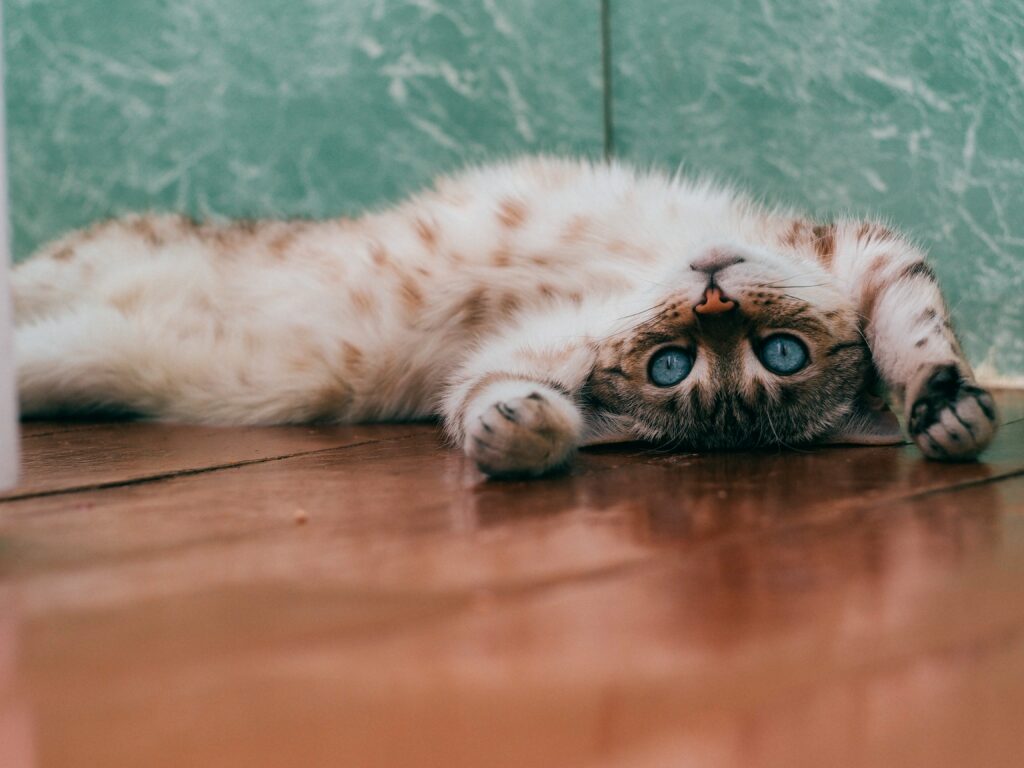Cats are known for their independence and strong attachment to their homes, but their memory capacity is a fascinating topic to explore. If you’re wondering whether your cat will remember you after being apart for a year, the answer is likely to be yes, but the extent to which your cat will remember you may depend on various factors.

To understand the memory capacity of cats and how they remember their owners, we need to dive into the neuroscience of memory, the cognitive abilities of cats, and the factors that may influence memory consolidation.
How Memory Works in Cats?
Memory is a complex process that involves the encoding, storage, and retrieval of information. In general, memory can be classified into two main types: short-term memory and long-term memory. Short-term memory is the ability to retain information for a brief period of time, usually a few seconds to a minute. Long-term memory, on the other hand, is the ability to store information for an extended period, from hours to years.
The process of memory consolidation involves the transfer of information from short-term memory to long-term memory. The process of consolidation can be influenced by various factors, such as the level of attention and emotional significance of the information.
In cats, memory consolidation occurs mainly in the hippocampus, a brain region that is also involved in spatial navigation and learning. The hippocampus is responsible for encoding and consolidating memories before they are transferred to other brain regions for long-term storage.
How Cats Remember Their Owners?
Cats have complex cognitive abilities that allow them to form strong bonds with their owners. Unlike dogs, who are social animals and rely heavily on their owners for social interaction and emotional support, cats are more independent but can still form strong bonds with their owners.
A study conducted by researchers at the University of Tokyo found that cats can recognize their owner’s voice, even if they haven’t seen them for a prolonged period. The study found that cats responded more strongly to their owner’s voice than to a stranger’s voice, indicating that cats can distinguish between familiar and unfamiliar voices.
Cats also have a strong sense of smell, which they use to identify their owners. Each person has a unique scent, and cats can recognize their owner’s scent even after a prolonged absence. A study published in the journal Behavioural Processes found that cats can identify their owner’s scent, even if it is diluted with the scent of other people or animals.
In addition to voice and scent, cats may also recognize their owner’s appearance and behavior. Cats are observant animals and can pick up on subtle changes in their owner’s behavior, such as changes in facial expressions, body language, or tone of voice. These cues can help cats identify their owner, even after a prolonged absence.
Factors That Influence Memory Consolidation
While cats have a strong memory capacity, several factors may influence memory consolidation and retrieval. These factors include:
Duration of Separation
The longer the duration of separation, the harder it may be for cats to remember their owner. While cats can remember their owner’s voice, scent, and appearance, a prolonged absence may cause them to forget some of the details of their owner’s personality or behavior.
Emotional Significance
Emotional events tend to be better remembered than non-emotional events. If your cat has a strong emotional attachment to you, they are more likely to remember you after a prolonged absence. Conversely, if your cat has had a negative experience with you, such as being punished or scolded, they may be less likely to remember you in a positive light.
Novelty
Cats are curious animals and are attracted to novelty. If your cat encounters something new or unusual during your absence, they may be more likely to remember that experience than to remember you.
Environmental Cues
Environmental cues are the sensory stimuli that cats use to navigate and remember their surroundings. These cues can include visual, auditory, olfactory, and tactile cues, such as landmarks, sounds, scents, and textures. For example, if your cat associates your presence with the smell of your perfume or the sound of your footsteps, these environmental cues may help them remember you after a prolonged absence.
However, if your cat’s environment has changed significantly during your absence, such as moving to a new home or having new people or pets around, these environmental cues may be less reliable in helping them remember you.
Conclusion
In conclusion, cats have a remarkable memory capacity and are likely to remember their owners after a prolonged absence, even up to a year. Cats can recognize their owner’s voice, scent, appearance, and behavior, and these factors can contribute to their ability to remember their owners. However, the extent to which cats remember their owners may depend on various factors, such as the duration of separation, emotional significance, novelty, and environmental cues.
If you’re worried about whether your cat will remember you after a prolonged absence, it’s important to reintroduce yourself slowly and calmly, allowing your cat to approach you on their terms. Offer treats and rewards for positive interactions and avoid punishment or negative reinforcement. With patience and care, you can strengthen your bond with your cat and help them remember you even after a prolonged absence.